Family & Children Health › General Health › Eating fruits and herbs can provide pain relief.
Dr. Richard Jensen, a
Pain is one of the most common physical problems that people face today. Pain resulting from headaches is the biggest complaint but there are also millions of people that suffer from back pain, the intense pain of ear infections, joint pain, abdominal pain, toothaches, and muscle pain. The usual thing most people do is take painkillers, like acetaminophen, aspirin or one of the non-steroidal anti-inflammatories, such as ibuprofen. Many people know that taking too much acetaminophen can be very hard on the liver but most people don’t know that drugs like aspirin and ibuprofen contribute to over 15,000 deaths per year. Some people are given stronger pain medications in the hospital, often during and after surgery, like Vicodin, Oxycontin, or even Morphine. These drugs have a very high abuse potential and overdosing on them can be fatal. Obviously, conventional pain medications have serious side effects and if someone with pain did not have to take the above drugs, they most likely wouldn’t. But what are the alternatives? After all, pain can be a very intense and distracting sensation; something has to be done for it.
This is where natural remedies can help for both temporary and chronic pain sufferers. There are dozens of different fruits, herbs and other natural substances that can reduce or eliminate pain. The fruits that have the most natural pain-relieving substances are apples, blueberries and cherries. Other fruits that have some pain-relieving properties include apricots, peaches and plums. Apples and cherries contain a natural form of aspirin.People with asthma may react badly to this if they eat too much of these fruits. Aspirin was originally made from White Willow Bark, a preparation that still exists today. Although White Willow Bark is 100% natural, you may be surprised that it has many of the same side effects of aspirin. Many other herbs and plant concoctions can have serious side effects, so the only herbs mentioned below for pain are ones that have minor or no side effects. To be on the safe side, pregnant women and nursing mothers should not take any herbs and all other people may want to notify their physician before taking any supplements for pain relief, including herbs.
For general pain relief, the following herbs and plant preparations can be used as a tea: coconut husk, hibiscus (roselle or red sorrel), houseleek, corn poppy, English horsemint, vervain, scarlet pimpernel and willow herb. Club moss can also be used as a tea; it sometimes causes some relatively minor side effects. Asparagus extract can be used as both a tea and in capsule form; people with kidney disease should avoid asparagus extract. Bilberry extract and devil’s claw are available in capsule form; there can be some stomach irritation with bilberry and people with ulcers should not use devil’s claw. Seaberry (sea buckthorn) is made into juice as is the popular noni juice, which has other health benefits besides pain reduction.
There are two good natural remedies for abdominal pain: lesser galangal as a tea and scurvy grass as a juice. Interestingly, scurvy grass got its name as a natural form of vitamin C so it, like noni juice, has other health properties as well. All four natural remedies for ear pain come as a tea: English chamomile, Indian nettle, lemon balm, and mullein. For joint pain, picrorhiza is in tea form; the Indian divi-divi is made from ground and roasted seeds. Last but certainly not least, there are three good natural remedies for back pain. Asiatic dogwood is used as a juice; behen root or seeds are used, and the popular black cohosh comes in capsule form. Black cohosh can have some side effects, so talk with your physician before taking this supplement.
All of the supplements above should be available online or at a nearby health food/supplement store. The dosages may vary for pain relief compared to drug use; read the recommended amounts to take for the teas, juices and capsules. Overall, the majority of herbs and plant extracts mentioned above are fairly safe to use, especially compared to synthetic painkilling drugs. One does not have to go through a lifetime of pain or taking dangerous drugs to suppress pain; there are plenty of natural remedies available. Readers can learn more about the benefits of fruits and certain herbs at Dr. Jensen’s heath tips web site at http://www.individualizednutrition.com/
About Richard Jensen, PhD
Richard Jensen received a Bachelor of Science in Microbiology and a Master of Science degree in Molecular Biology from
Dr Jensen may be contacted at 1-800-390-5365
Article By: Richard Jensen
How Are UK Medicines Imported and Delivered to Businesses?
Physical Therapy for Smooth Recovery from ACL Injury
Knowing More About Seasmoiditis
Understanding the Important Details About Running Injury Prevention
Vital Information to Be Aware of Regarding Blisters
What to Know About Sesamoiditis. Cuases, Prevention & Treatment
The Effects of High Heels on the Feet
Headaches can be relieved with calcium and vitamin D
How do children learn?
Older Children not Smarter Than Their Younger Sibs
Passive TV Viewing Related To Children's Sleeping Difficulties
Parents Need Better Education to Reduce Drug Overdoses in Feverish Children
Is your child biting?
Teeth Whitening – How To
 Basal Cell Carcinoma ("Rodent Ulcer" Type)
Basal Cell Carcinoma ("Rodent Ulcer" Type)
 Basal Cell Carcinoma (Histology-Morpheaform Type)
Basal Cell Carcinoma (Histology-Morpheaform Type)
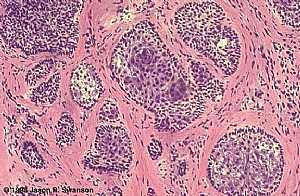 Basal Cell Carcinoma (Histology-Nodular Type - High power)
Basal Cell Carcinoma (Histology-Nodular Type - High power)
 Basal Cell Carcinoma (Histology-Nodular Type- High power)
Basal Cell Carcinoma (Histology-Nodular Type- High power)
 Skin
Skin
 Nervous System -- Basic
Nervous System -- Basic
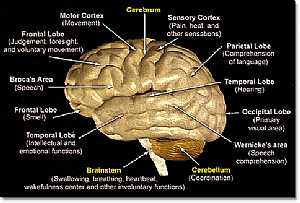 Brain anatomy
Brain anatomy
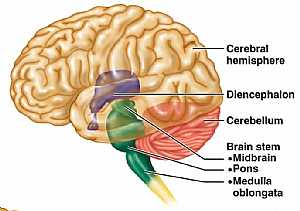 Brain anatomy
Brain anatomy
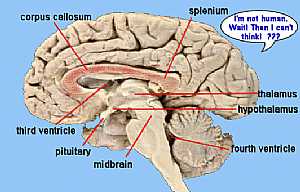 Brain anatomy
Brain anatomy
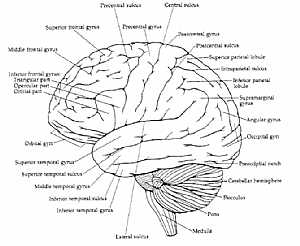 Brain anatomy
Brain anatomy
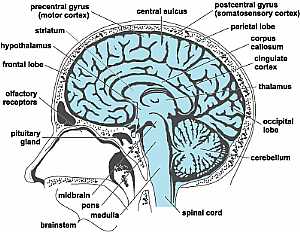 Head anatomy
Head anatomy
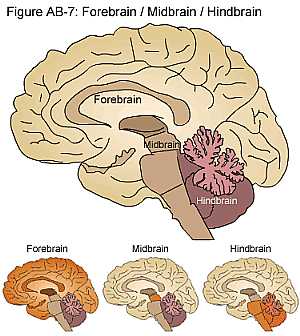 Brain anatomy
Brain anatomy
© Copyright 2001-2022 eDoctorOnline.com

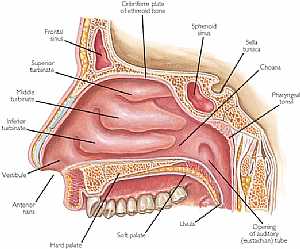 Nose anatomy
Nose anatomy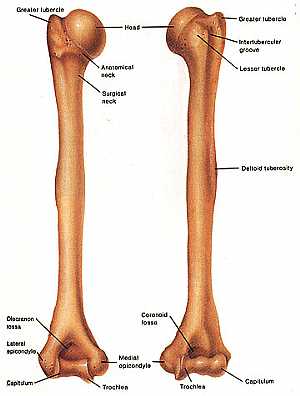 Humerus bone
Humerus bone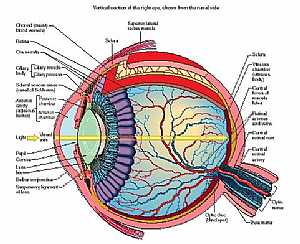 Eye anatomy
Eye anatomy Coronary arteries anatomy
Coronary arteries anatomy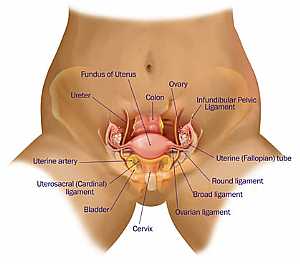 Female pelvic anatomy
Female pelvic anatomy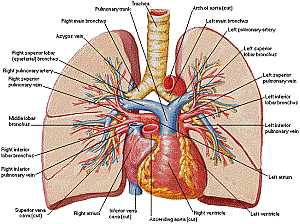 Heart and lung anatomy
Heart and lung anatomy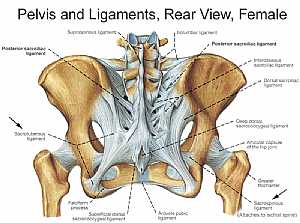 Bones and ligaments of the FEMALE Pelvis
Bones and ligaments of the FEMALE Pelvis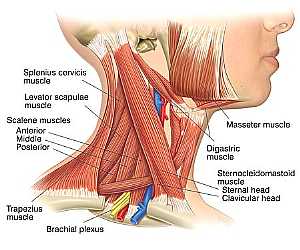 Neck Anatomy
Neck Anatomy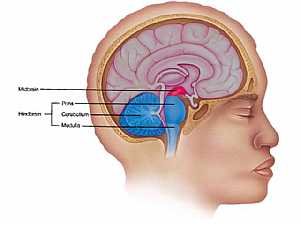 MidBrain anatomy
MidBrain anatomy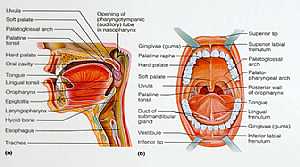 Oral Cavity
Oral Cavity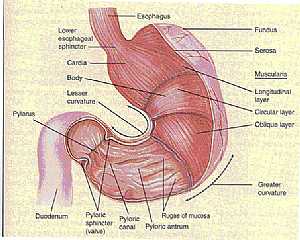 Stomach anatomy
Stomach anatomy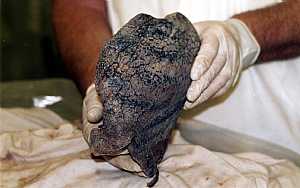 Lung anatomy
Lung anatomy Basal Cell Carcinoma ("Rodent Ulcer" Type)
Basal Cell Carcinoma ("Rodent Ulcer" Type) Basal Cell Carcinoma (Histology-Morpheaform Type)
Basal Cell Carcinoma (Histology-Morpheaform Type) Basal Cell Carcinoma (Histology-Nodular Type - High power)
Basal Cell Carcinoma (Histology-Nodular Type - High power) Basal Cell Carcinoma (Histology-Nodular Type- High power)
Basal Cell Carcinoma (Histology-Nodular Type- High power) Skin
Skin Nervous System -- Basic
Nervous System -- Basic Brain anatomy
Brain anatomy Brain anatomy
Brain anatomy Brain anatomy
Brain anatomy Brain anatomy
Brain anatomy Head anatomy
Head anatomy Brain anatomy
Brain anatomy
Be the first one to comment on this article!